Jacob’s Story: A Brave Battle Against Medulloblastoma 1140
It began innocently enough. Just before his second birthday, Jacob started stumbling more than usual. By Christmas, he seemed unwell, though his parents couldn’t pinpoint why. In January, the doctor diagnosed an ear infection and prescribed antibiotics. But instead of improving, Jacob grew sicker. His head tilted to one side, his walk veered off balance. A second round of antibiotics was prescribed, this time for a supposed inner ear infection. On the final day of the course, Jacob began vomiting every morning, retching until nothing remained.
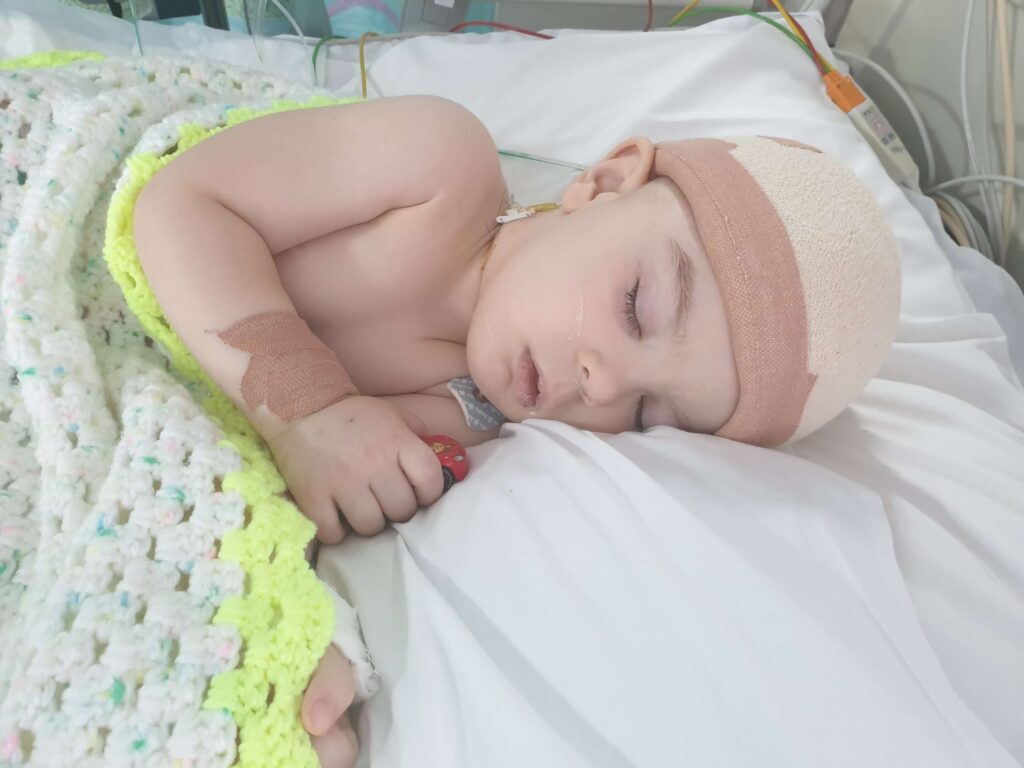
His parents returned again to the doctor, desperate for answers. But during those weeks of COVID restrictions, in-person consultations were rare. They were told it was viral. They waited, but Jacob only worsened. He could no longer keep food or water down. He slept 23 out of every 24 hours, a frightening change for a child who had never been fond of sleep. His parents knew they were running out of time.
Finally, a doctor asked them to bring Jacob in—and to pack an overnight bag. At the children’s ward, Jacob was seen quickly. Within days, he was scheduled for an MRI. The scan lasted nearly two hours, with dye injected to trace fluid. When the results came, his parents were taken into a side room. A nurse stayed with Jacob. That, they knew, was a bad sign.
The doctor’s words were devastating: Jacob had a tumour. He would need to be transferred immediately to a specialist children’s hospital. The urgency was clear. His surgeon feared he might not survive without immediate intervention.
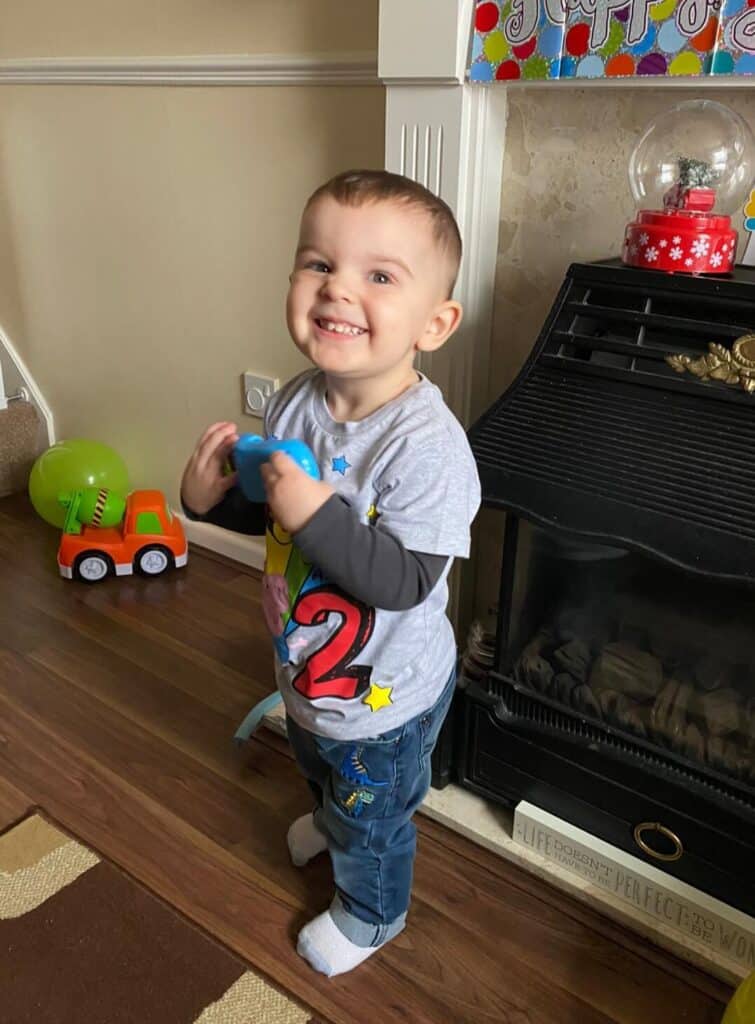
On a Friday, Jacob was officially diagnosed with medulloblastoma, a type of brain tumour. Surgery was scheduled for Monday. But by Sunday, his condition deteriorated. Hydrocephalus had set in—the tumour blocked fluid, creating dangerous pressure in his brain. He was rushed into theatre, spending four and a half hours as surgeons inserted a brain drain.
The next day, he underwent an 11-hour surgery to remove the tumour. Against the odds, it was a success. But cancer cells had already spread through his cerebrospinal fluid, reaching his spine. That Friday, Jacob endured another surgery for a central line and a permanent VP shunt. At last, his parents could hold him again.
Steroids helped control swelling but came with brutal side effects. Jacob was ravenous one moment, furious the next. His parents struggled to comfort him, powerless against the storm inside his tiny body.
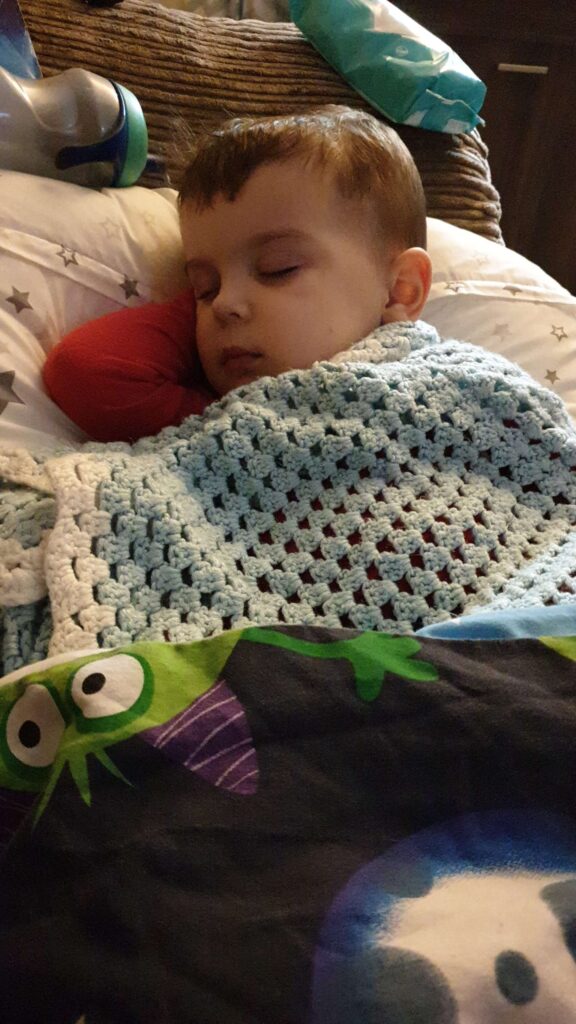
Chemotherapy began just three weeks later, far sooner than usual, because of the aggressive gene mutation in his cancer. Jacob started the Headstart2 programme: five cycles of chemotherapy over 15 weeks. Each cycle brought a rhythm of sickness, hospital stays, and fragile recovery. In cycles one and two, he was so unwell doctors nearly admitted him to intensive care. But remarkably, by cycles three to five, Jacob rallied. He tolerated treatment better than expected, earning the nickname “strong as an ox.”
A stem cell harvest prepared him for the sixth, high-dose round. Doctors warned it would be the hardest of all, requiring weeks in hospital. Jacob endured it with resilience, though mucositis left him unable to eat, and fevers kept him weak. Three weeks later, against expectations, he was stable. His blood counts lagged, but daily injections helped, and eventually, he went home.
Hope flickered. A lumbar puncture came back clear. An MRI showed only two tiny cancer spots. Radiotherapy was considered. Doctors had hoped to avoid it because Jacob was under three; radiation can be lifesaving but causes devastating long-term side effects in young children. Still, it seemed the only path forward.
But before his radiotherapy could begin, Jacob started vomiting again. Anti-sickness medicine failed to help. A new MRI revealed the cruel truth: in just one month, the cancer had spread explosively, covering his brain and spine. The mutation that made his tumour aggressive had turned against him once more.
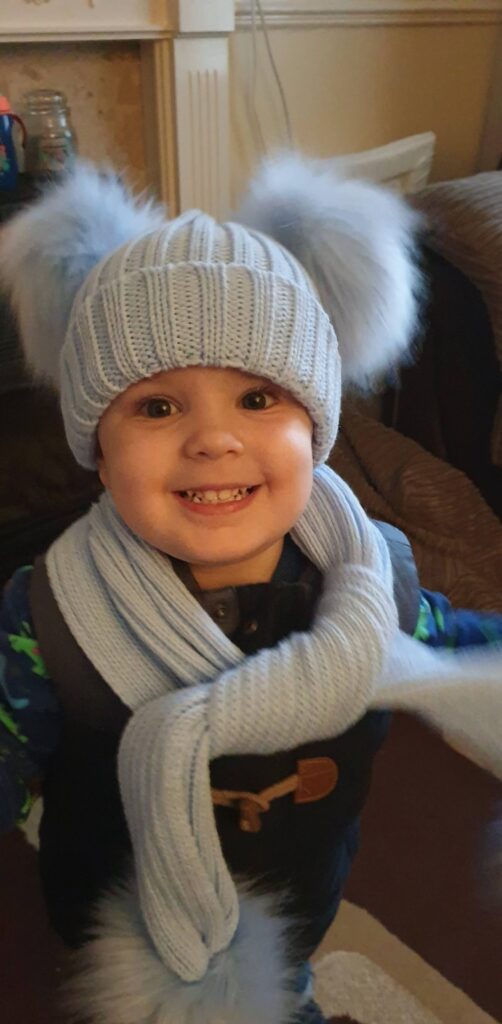
The consultant delivered the words no parent ever wants to hear: there was nothing more to be done. Treatment had run out. All that remained was time. His parents were told to take him home and make memories while they still could.
Jacob’s sickness couldn’t be controlled at home. He remained in hospital another week before finally returning to his own bed. Just five days later, he was too unwell and was admitted to a children’s hospice.
At the hospice, time slowed. Family visited, surrounding Jacob with love. For once, there were no more treatments, no more invasive procedures, only care and comfort. His parents cherished those days, knowing they were saying goodbye far too soon.
The news of terminal diagnosis shattered them. “That last bit of hope we had was snatched away,” his mother said. “The reality of Jacob leaving us so soon was heart-breaking.”
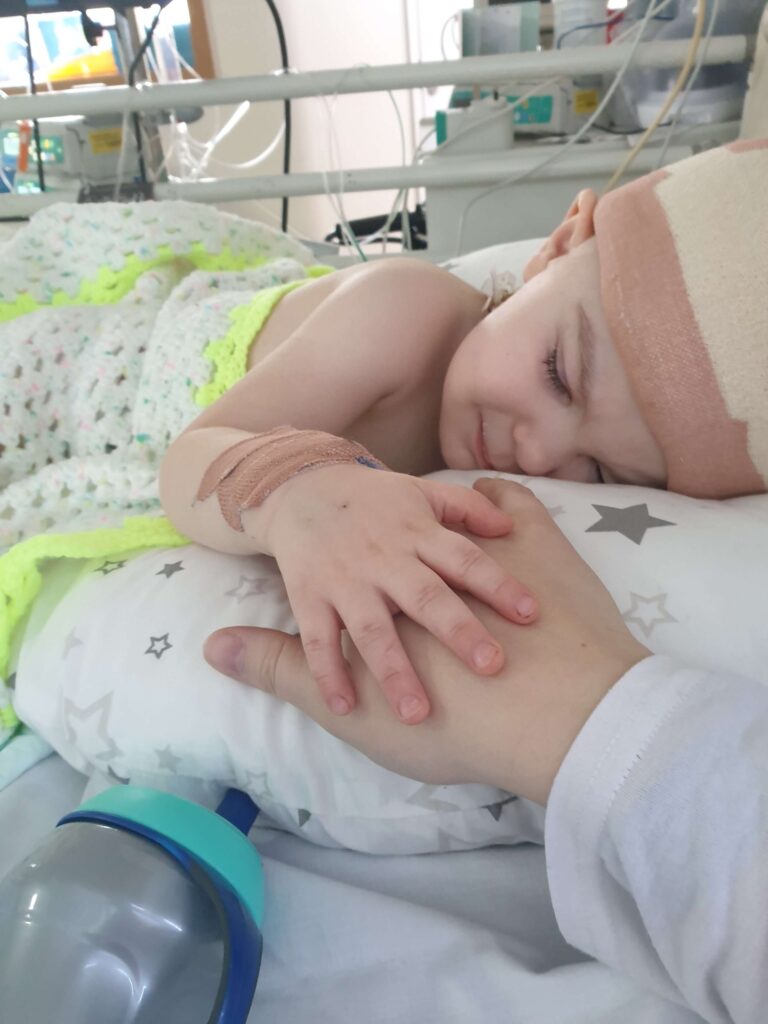
Jacob’s story is one of courage and resilience. He endured surgeries, chemotherapy, and endless hospital stays with a strength beyond his years. His family walked through fear and sorrow, holding onto hope as long as they could.
Though his journey ended far too early, Jacob’s legacy endures. In his short life, he showed what it means to fight with all you have. He was loved fiercely by his parents, siblings, and everyone who met him.
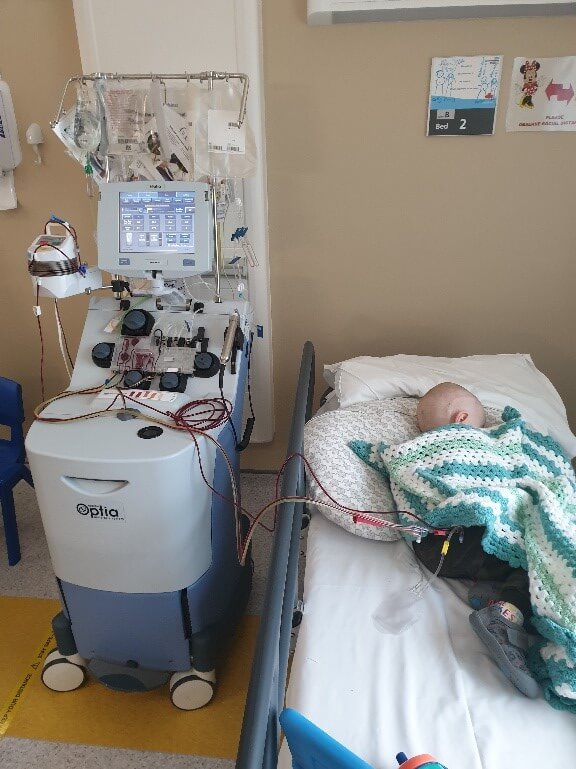
And as his family remembers him, they hold onto the truth: Jacob’s life, though brief, was powerful. He lived with courage, touched countless hearts, and will never be forgotten.
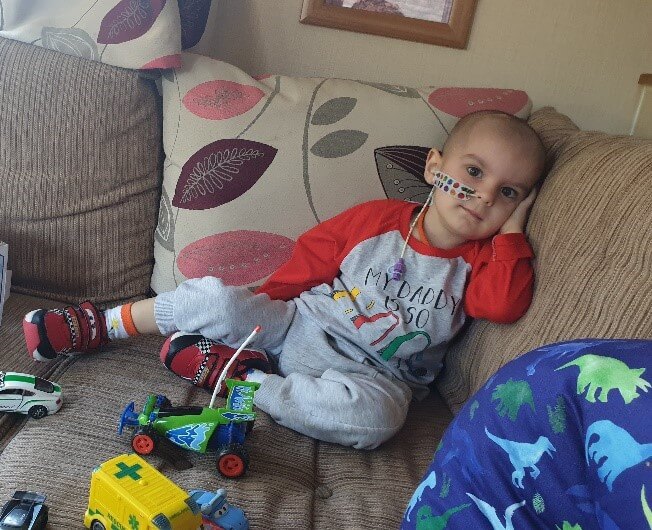
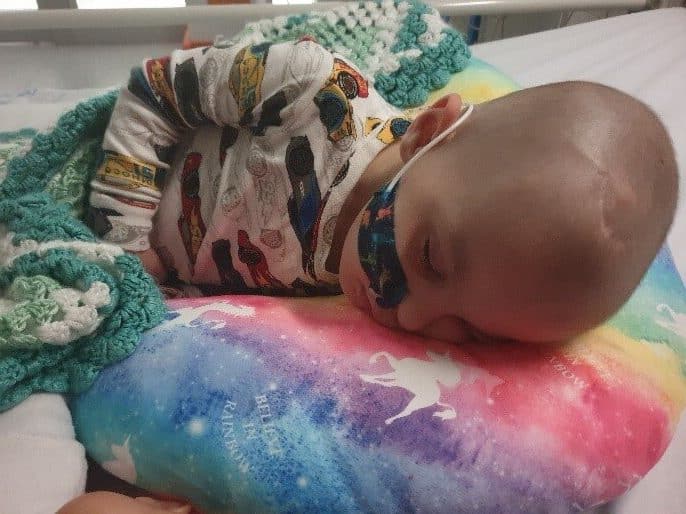
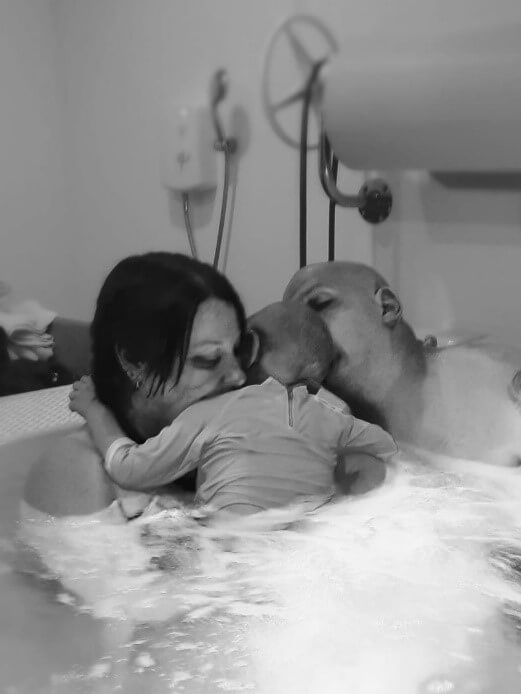
The Day a Boy Named Herbert Became a Hero 225


There are stories that live in history books, and there are stories that live in our hearts. This is one of the latter—a simple baseball game that became a lesson in humanity, kindness, and what it means to truly belong.
At a school for children with special needs, a father stood before teachers and families to give a speech. He began by praising the school, but then paused, his voice breaking with a deeper truth. “My son Herbert cannot learn like other children do. He cannot understand things like other children. Where is the natural order of things in my son?”
The audience fell silent.
Then the father continued: “When a child like Herbert comes into the world, it creates an opportunity for others to show their humanity—in how they choose to treat that child.”
He told a story from one afternoon when he and Herbert were walking past a park where kids were playing baseball. Herbert tugged at his father’s hand and asked, “Dad, do you think they’ll let me play?”
The father hesitated, fearing rejection, but approached a boy on the field. To his surprise, the child said: “We’re losing by six runs, but he can join. We’ll let him bat in the ninth inning.”

Herbert’s face lit up as he put on the team jersey. His father, watching from the sidelines, felt tears in his eyes. For once, his son wasn’t an outsider. He was part of the team.
When the ninth inning came, Herbert was sent into right field. No ball came his way, but he grinned from ear to ear, simply thrilled to be there. His father clapped wildly from the stands.
Then came the moment no one expected. Bases loaded. Two outs. Herbert was next to bat.
Everyone knew he couldn’t hit the ball. But when he stepped up to the plate, something extraordinary happened. The pitcher moved closer and tossed the ball softly. Herbert swung and missed. The crowd shouted encouragement. Another pitch came—this time he barely tapped it forward. The pitcher had an easy out in front of him, but instead of ending the game, he threw the ball high, far over the first baseman’s head.
“Run, Herbert, run!” voices cried from every direction.
Wide-eyed, Herbert ran to first. The ball sailed again, thrown deliberately too high. “Run to second!” they shouted. Then to third. Then home.
By the time he stumbled across home plate, breathless and overwhelmed, every child on the field was cheering, hugging him, lifting him up as if he’d just hit the game-winning grand slam.

Herbert’s father wept openly as he told this story. “That day,” he said, “both teams conspired together to give the world a display of true love and humanity.”
Herbert never saw another summer—he passed away that winter. But he left this world with the memory of triumph, the pride of being a hero, and the joy of knowing he had made his father proud. His final gift was not only to his family but to everyone who witnessed what compassion can do.
The story endures because it reminds us of something easily forgotten: that the measure of a society lies in how it treats its most vulnerable. True greatness is not in winning games, but in lifting others up to share in the victory of belonging.
That day on the baseball field, a boy who had never been chosen became the hero of the game. And in doing so, he revealed the best in everyone around him.





